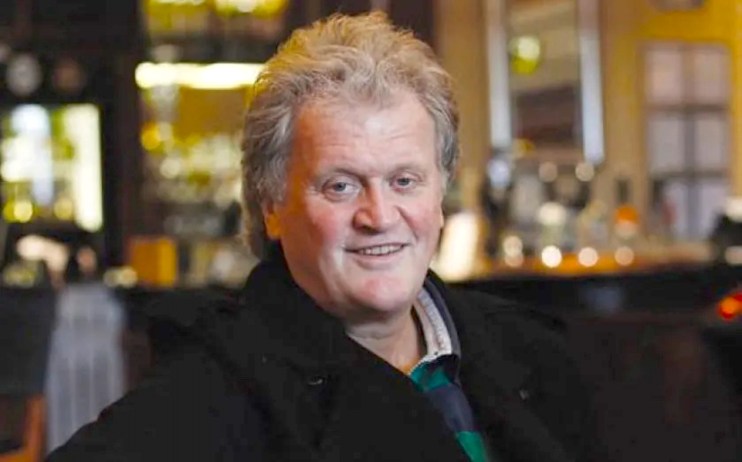J D Wetherspoon: ‘Misrepresentation’ to claim boozers sell-off was for ‘money-raising’ alone

JD Wetherspoon hit back at critics over its decision to sell off a flurry of pubs, telling investors it is a “misinterpretation” to claim it was a purely “money-raising” move.
The budget boozer sold, closed or surrendered to the landlord 28 pubs, however said that while the move raised a small bit of capital, it was largely due to the fact there was another Wetherspoon pub nearby.
“The disposals outlined above have been characterised in a small number of newspaper articles as a “money-raising” exercise, provoked by the difficult trading circumstances for the hospitality industry in recent years. This is a misinterpretation,” JD Wetherspoons said.
Some 22 pubs remain on the market, or are under offer and the company currently has a trading estate of 827 pubs.
It comes as the pub chain revealed its net debt had been slashed to £688 million, approximately £114m lower than it reported in our interim results for FY20.
With its preliminary results in October, the business said it has also invested £116m in new pubs, £82m in freehold reversions and has raised equity of approximately £240m.
JD Wetherspoons, which sells booze at a much lower price point than other pubs, also said like for like sales in the first 10 weeks of the final quarter of our financial year increased by 11 per cent.
“As a result of a continued improvement in sales and a slightly reduced expectation for cost increases, for example energy costs, the company anticipates an improved outcome for the next financial year, and anticipates an outcome for the first half of FY24 approximately in line with the second half of FY23,” Tim Martin, head of JD Wetherspoon said.
“This is a solid performance from Wetherspoons set against an exceptionally challenging trading backdrop. Like-for-like sales have proved robust and, despite cost of living pressures on consumers; and there are signs that cost inflation may have peaked, which should help underpin profits in the coming year,” Charlie Huggins, manager of the Quality Shares Portfolio at Wealth Club,
“Wetherspoon’s commitment to low prices is keeping customers loyal, as evidenced by the robust like-for-like sales growth. These value credentials are critical, and should mean the group is better placed than many of its peers to weather a downturn in consumer spending.”